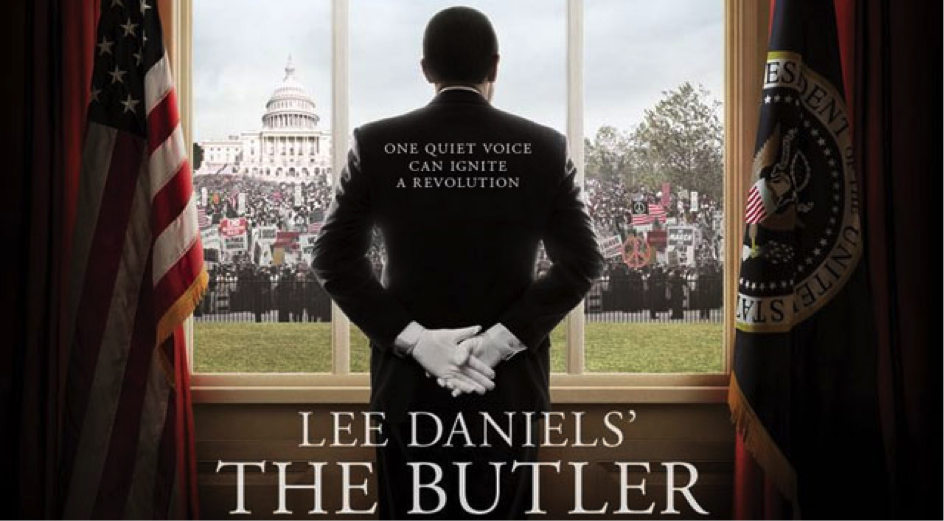Walking 1,100 miles in one consecutive hike with a heavy backpack – really heavy, so heavy that you can hardly stand, let alone walk – might not seem like the most intriguing activity to most people. But for someone like me living in Colorado, a state consistently viewed as one of the most active ones in the country, this scenario hits very close to home. The Colorado Trail, for instance, is a 486-mile hike (one way!) that runs from Denver to Durango. People hike it. And they block off four to six weeks of their vacation time to do it.
Cheryl Strayed had to take more time off than that to hike the much longer Pacific Crest Trail. Known as the PCT, the trail runs from Southern California to British Columbia along the North American West Coast over the Sierra Nevada and Cascade mountain ranges. Strayed wrote about her trek in her 2012 memoir, Wild: From Lost to Found on the Pacific Crest Trail, that topped The New York Times bestseller list and hit American movie theaters this winter. Directed by the Canadian Jean-Marc Vallée (Dallas Buyers Club), with a screenplay by English writer Nick Hornby (High Fidelity, About a Boy), the film fittingly premiered at the Telluride Film Festival in Colorado. Reese Witherspoon portrays Strayed in a role that has garnered her another Academy Award nomination.











 After a three-year respite, iconic independent filmmaker Jim Jarmusch is back with a quietly intriguing new film: Only Lovers Left Alive – a tale of two lovers and of two cities. Although lovers Adam and Eve (Tom Hiddleston and Tilda Swinton) – not the biblical couple but nevertheless, a couple in the biblical sense – live in cities continents apart, they have been together forever. Literally forever since both of them happen to be vampires.
After a three-year respite, iconic independent filmmaker Jim Jarmusch is back with a quietly intriguing new film: Only Lovers Left Alive – a tale of two lovers and of two cities. Although lovers Adam and Eve (Tom Hiddleston and Tilda Swinton) – not the biblical couple but nevertheless, a couple in the biblical sense – live in cities continents apart, they have been together forever. Literally forever since both of them happen to be vampires.